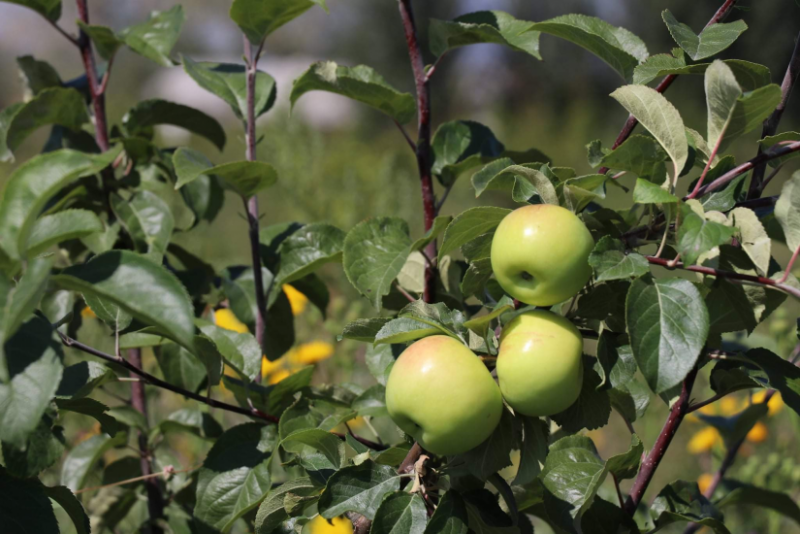MONGOLIA’S CENTRAL PROVINCES AIM TO DEVELOP ENVIRONMENTALLY SUSTAINABLE AGRICULTURE
Ulaanbaatar /MONTSAME/ Agriculture sector development with more value-added processing is a key to supporting rural economies and creating jobs in Mongolia’s provinces, the Asian Development Bank (ADB) and stakeholders discussed at an event on August 27. Provincial-level regional consultations under the 30th anniversary commemoration of ADB–Mongolia partnership continue in the country’s central region—including Tuv, Arkhangai, Uvurkhangai, and Bayankhongor provinces.
“Regional outreach events provide an opportunity to assess project impact, as well as help guide ADB’s future operations in the country,” said ADB Country Director for Mongolia Pavit Ramachandran. “Our immediate objective is to help Mongolia recover from the coronavirus disease (COVID-19) crisis, and having in-depth consultations with provincial governors as well as the central government is important to achieve this objective.”
The event started with virtual site visits to social, agriculture, and urban sector projects, which demonstrated their economic and social benefits for the residents of the provinces. Following the project visits, high-level representatives of project executing agencies, including the state secretaries of the Ministry of Food, Agriculture and Light Industry and the Ministry of Health, commended ADB’s long-standing cooperation, stressing the urgency of supporting livelihoods to ensure a smooth recovery from the COVID-19-related economic downturn.
The second part of the event focused on the region’s sustainable development and the need for ADB’s support. Representatives of the central and local governments discussed development priorities, including much-needed support to small and medium enterprises for sustainable agriculture production in the region and ADB’s role in advancing rural development.
The central region of Mongolia enjoys climatic and geographical features favorable for agriculture and close proximity to Ulaanbaatar, the country’s capital and economic center. Increasing herd sizes and active development of mining projects in many parts of the region in the past 2 decades have highlighted the significance of environmentally sustainable growth.
ADB is committed to achieving a prosperous, inclusive, resilient, and sustainable Asia and the Pacific, while sustaining its efforts to eradicate extreme poverty. Established in 1966, it is owned by 68 members—49 from the region.


